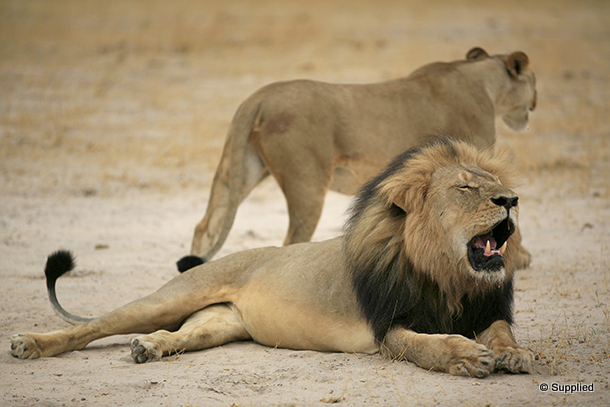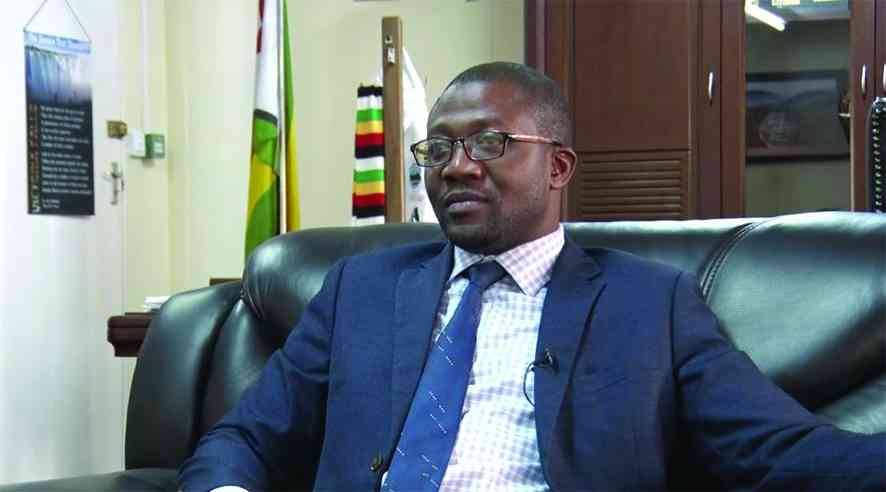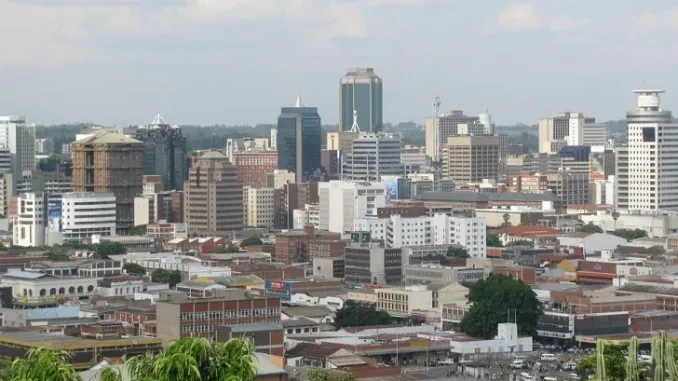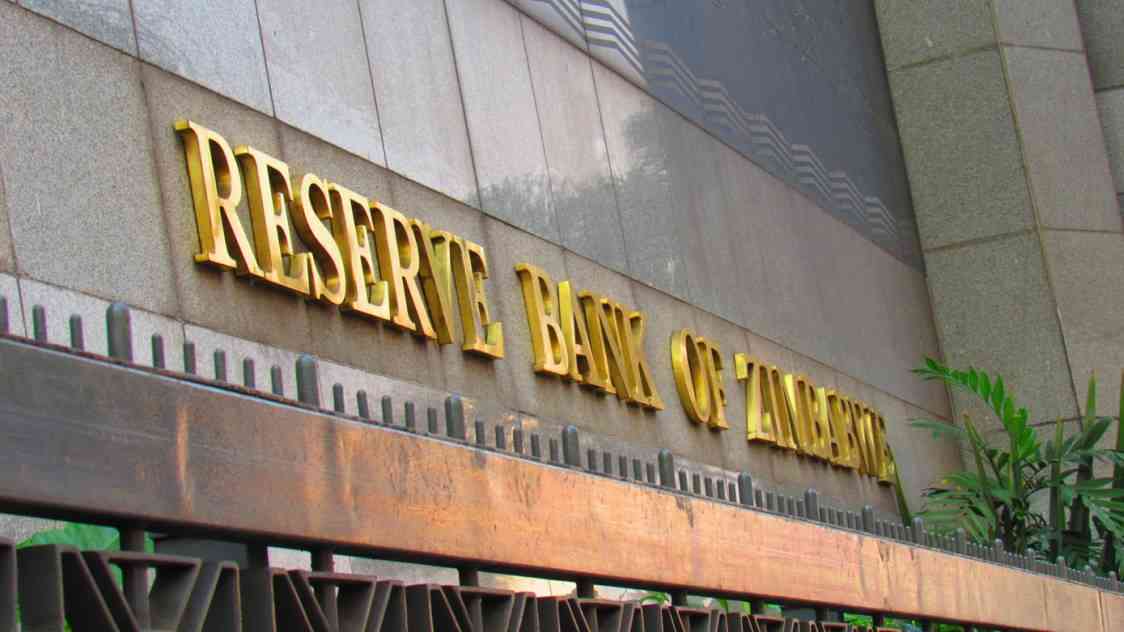
HARARE — The global outrage over the illegal killing of a lion named Cecil outside Hwange National Park by an American dentist has led to a ban that’s jeopardising an industry that employs at least 5 000 people and was expected to earn $45 million this year.
Cecil was allegedly lured out of the country’s biggest game reserve onto private land with bait and shot with a bow by Walter Palmer from Minnesota with the assistance of local hunter Theo Bronkhorst.
Amid the furore, which has driven Palmer into hiding and seen Zimbabwe demand his extradition, hunting has been banned around the Hwange National Park, which is the size of Connecticut.
Zimbabwe’s hunting industry sees tourists flying in, mainly from the US, to shoot animals ranging from elephants to monkeys and porcupines for a fee, with hunts for so-called big game such as lions costing tens of thousands of dollars. Leopards are often tracked, but not killed, by dogs.
“We already have hunters on the ground, others are jetting in, so this means a loss, and it’s an uninsured loss for both safari operators and the Parks Department,” Emmanuel Fundira, director of the Safari Operators’ Association of Zimbabwe, said on Monday.
“This was an isolated incident. We don’t condone illegal hunting at all and this has had a negative effect on our operations.” The country has issued permits for the hunting of 70 lions this year, below the 100 advised by the United Nations’ Convention on International Trade in Endangered Species of Wild Fauna and Flora.
There are over 2 000 lions in the country, Edison Chidziya, director-general of Zimbabwe’s National Parks’ board said. Bubi, an area in southern Zimbabwe, has the world’s highest concentration of the cats, according to the organisation’s website.
“Lion hunting in Zimbabwe is based on a sound management practice and on a very sustainable basis,” said Fundira.
- Chamisa under fire over US$120K donation
- Mavhunga puts DeMbare into Chibuku quarterfinals
- Pension funds bet on Cabora Bassa oilfields
- Councils defy govt fire tender directive
Keep Reading
While the hunting of Cecil has been condemned by animal rights organisations and celebrities, including Mia Farrow, the World Wildlife Fund, Save the Rhino and the Endangered Wildlife Trust are among charities that say sport hunting, under certain conditions, can assist with the funding needed for conservation.
The ban “will help correct what went wrong. However, a blanket ban was probably not best, instead specific case-by-case suspensions should have been done,” said Mark Russell, head of African Hunts and Adventures, which is currently operating eight hunts in the area, said by e-mail.
“Blanket bans affect the whole hunting industry, not forgetting the downstream effects.”
In addition to hunters and their staff the industry provides business for taxidermists.
Delta Air Lines Inc, the biggest US carrier to Africa, said on Monday it no longer would carry lion, leopard and some other big-game trophies as freight. — online











